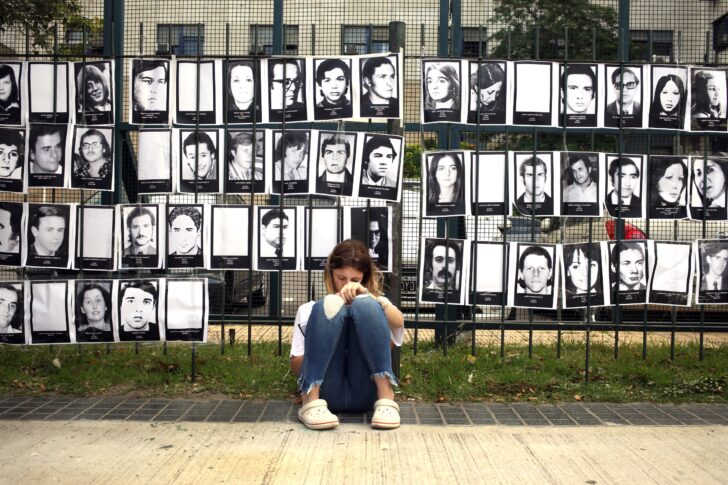The United Nations Working Group on Enforced or Involuntary Disappearances held a special hearing with Argentine human rights organizations to learn about the current situation of memory, truth and justice policies in the country. The UN Special Rapporteur on truth, justice, reparation and guarantees of non-repetition, Bernard Duhaime, also participated in the online meeting.
Hours before the hearing, the same Working Group held its “interactive dialogue”, the annual space in which States can comment on reports and ask questions to the different special procedures of the Human Rights Council. However, no State representative of Argentina participated in this instance.
The hearing between the Working Group and members of Abuelas de Plaza de Mayo, CELS, Familiares de desaparecidos y Detenidos por Razones Políticas, H.I.J.O.S. Capital and Memoria Abierta took place this Tuesday afternoon and was part of its 134th session.
We provided detailed information on the dismantling of different areas and policies as well as their effects on the search for victims of enforced disappearances, including children who were appropriated during the last military dictatorship. This is the case of the closure of the Specialized Investigation Unit under the National Commission for the Right to Identity (CONADI).
Specifically, we expressed concern about the obstacles imposed on the compilation, declassification and access to the archives of Armed and Security Forces and Intelligence services, as well as the emptying of memory sites. We also warned about the growth of relativist and denialist discourses by officials at the highest level of responsibility and the actions to seek different forms of impunity for those responsible for crimes against humanity. We reported on the paralysis in the processing of requests for reparations as well.
We requested the Working Group to conduct a visit to Argentina, follow up on the reported setbacks and urge the State to cease dismantling these policies, reestablish those it has discontinued, support the processes of investigation and prosecution of the crimes committed during the dictatorship and refrain from making denialist, relativist or vindicatory statements regarding crimes against humanity.
Lastly, we asked the WG to warn the State about the need for all government branches and agencies to adopt specific measures for the search, location and restitution of the identity of the victims of enforced disappearance.
PH: Julieta Colomer

